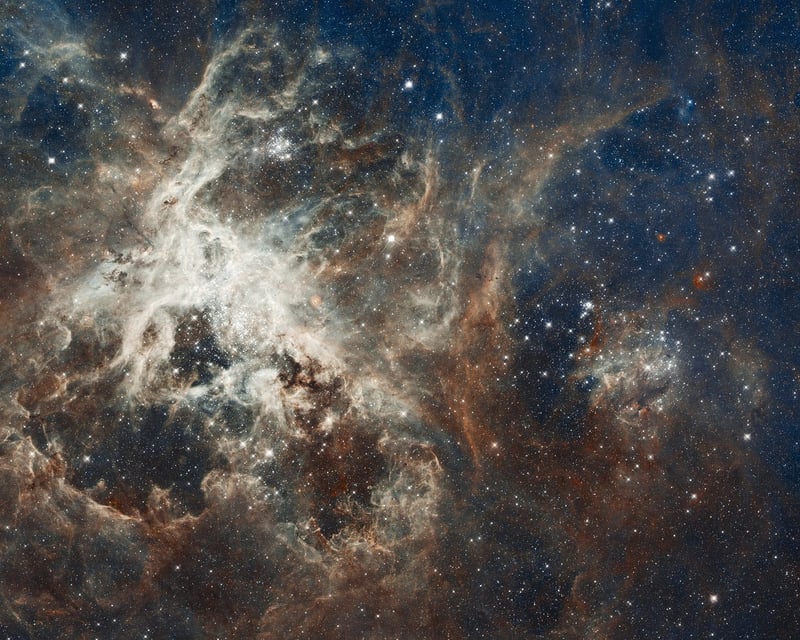Space Age
Exploring Different Eras: The Space Age
Throughout history, humanity has progressed through various eras, each marked by significant advancements and innovations. One of the most intriguing eras is the Space Age, a period characterized by exploration beyond Earth's atmosphere. Let's delve into the Space Age and discover its impact on science, technology, and society.
The Space Age: A Brief Overview
The Space Age officially began on October 4, 1957, with the launch of the Soviet satellite Sputnik 1, the world's first artificial satellite. This event marked the dawn of human space exploration and ignited a race between superpowers to conquer the cosmos.
Key Milestones of the Space Age
- 1961: Yuri Gagarin becomes the first human to journey into space aboard Vostok 1.
- 1969: Apollo 11 lands astronauts Neil Armstrong and Buzz Aldrin on the moon, a giant leap for mankind.
- 1971: The Soviet Union launches the first space station, Salyut 1, laying the foundation for long-duration space missions.
- 1981: NASA's Space Shuttle program begins, revolutionizing space travel with reusable spacecraft.
- 1998: The International Space Station (ISS) is launched, heralding international cooperation in space exploration.
Impact of the Space Age
The Space Age has had a profound impact on science, technology, and society. It has led to breakthroughs in satellite communications, weather forecasting, global positioning systems (GPS), and medical research. Furthermore, space exploration has inspired generations, fostering innovation and pushing the boundaries of human knowledge.
Challenges and Future Prospects
Despite its achievements, the Space Age also faces challenges such as funding constraints, technological hurdles, and sustainability concerns. However, with the rise of private space companies like SpaceX and Blue Origin, the future of space exploration looks promising. Concepts like space tourism, lunar colonies, and Mars missions are no longer science fiction but tangible goals on the horizon.
Conclusion
The Space Age represents a testament to human curiosity, ingenuity, and ambition. As we continue to explore the cosmos and push the boundaries of what is possible, the legacy of the Space Age will endure, inspiring generations to dream big and reach for the stars.

For more information on the Space Age, you can visit NASA's official website.
